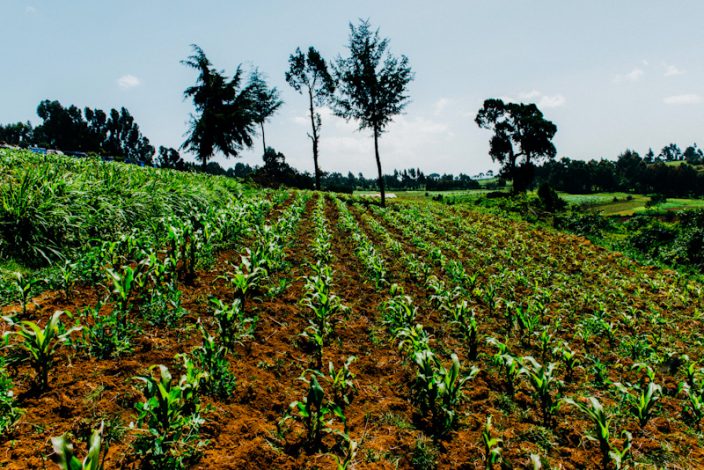The Cereal Millers Association (CMA) has raised the red flag on high levels of aflatoxin in maize being delivered to their premises higher than the allowable 10 ppb rate.
According to CMA, the high aflatoxin levels in maize flour for both human and animal consumption pose a grave threat to the health and wellbeing of Kenyans.
“As such the CMA continues to request the government agencies to encourage best practices for farmers, increase the use of Aflasafe to promote safe maize, increase testing at our cross border trade points, look at alternative uses of contaminated maize as well as have an elaborate mechanism of following up on the destination of rejected maize,” said the association in its statement.
“The CMA additionally requests that all millers in Kenya adopt rigorous code of conduct, strengthen their internal quality systems and use scientifically proven methods of sampling and testing maize,” CMA noted.
Kenya banned maize imports from Tanzania and Uganda citing high levels of mycotoxins “consistently beyond safety limits,” according to a statement by the Agriculture and Food Authority. “Mycotoxins, particularly aflatoxins and fumonisins, are known to be carcinogenic.”
Kenya imposes ban on maize imports from Tanzania and Uganda- citing high levels of mycotoxins pic.twitter.com/5jkNRZCIIH
— Samira Sawlani (@samirasawlani) March 6, 2021
However, a few days later, the Agriculture CS Hon Peter Munya said that the Kenyan government had not banned maize imports from Uganda.
Munya clarified that Kenya is trying to ensure consumer safety, calling on EAC trading partners to ratify the sanitary and phytosanitary standards on their produce.
According to the Ministry of Agriculture’s data, Kenya imported about 277,350 tons of maize (3.1 million 90kg bags) in 2020.




